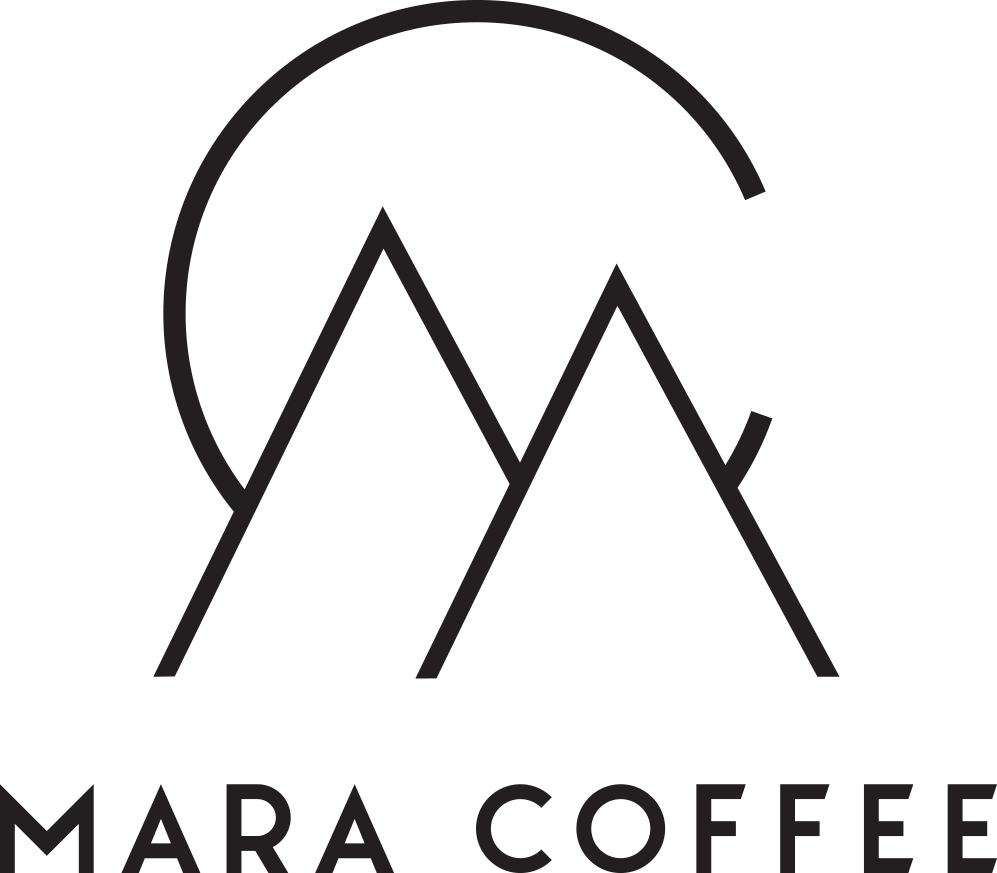
Do you remember the American advertising campaign fronted by a host of celebrities encouraging the consumption of milk and dairy products? Safe to say these days the milk camp is split with a host of choices as most people prefer non-dairy milk for their tea or coffee and if your are one of them then you will want to read this.
Whether you prefer your coffee black or with a splash of milk, there are plenty of options to choose from when it comes to adding milk to your coffee. In this article, we'll explore some of the different types of milk that you can use in your tea or coffee and the nutritional values of each option. Whether you're looking to add a touch of creaminess to your coffee or want to go dairy-free, there's a milk option for you.
Your dairy-free milk might be messing with your goals if you’re trying to get leaner. It's important to consider the nutritional content of different types of milk when choosing one to add to your tea or coffee. Hemp milk, almond milk, and soy milk are all lower in calories and fat than cow's milk, but they may also be lower in protein and other nutrients.
Oat milk and other plant-based milks may be higher in calories and carbohydrates, but they may also be a good source of fibre.
If you are trying to get leaner or manage your weight, you may want to choose a milk that is lower in calories and fat. Almond milk and hemp milk are both relatively low in calories and fat, making them good options for people who are trying to reduce their intake of these nutrients.
If you are concerned about getting enough protein, cow's milk and soy milk are both good sources of protein. Lactose-free milk, such as Lactofree Semi Skimmed Long-life, may also be a good choice for people who are lactose intolerant but want to get the protein benefits of milk.
Ultimately, the best milk for you will depend on your nutritional needs and preferences. Experiment with different types of milk to find the one that you enjoy the most and that fits your dietary goals.

Here’s a table of some of the widely available choices on supermarket shelves which may include your go to brand.
|
Milk Type |
Calories per 100 ml |
Fat (g) |
Carbs (g) |
Fiber (g) |
Sugar (g) |
Protein (g) |
|
Good hemp milk |
26 |
2.7 |
0.9 |
0.5 |
0.2 |
0.1 |
|
Almond milk |
13 |
1.1 |
0.2 |
0 |
0 |
0.5 |
|
Lactofree Semi Skimmed Longlife |
38 |
1.5 |
0.2 |
0 |
2.6 |
3.5 |
|
Oatly Oat Drink Barista Edition |
61 |
3 |
7.1 |
0.8 |
3.4 |
1.1 |
|
Minor Figures Organic Barista Oat Drink |
44 |
1.8 |
6.8 |
0 |
2.5 |
0.2 |
|
Oatly Oat Drink Semi |
46 |
1.5 |
6.6 |
0.8 |
4.1 |
1 |
|
Cravendale Filtered Whole Milk |
65 |
3.6 |
4.7 |
0 |
4.7 |
3.4 |
|
Alpro Soya Chilled |
39 |
1.8 |
2.5 |
0.5 |
2.5 |
3 |
Please note that these values may vary depending on the specific brand and type of milk that you choose. It is always a good idea to read the nutrition label on the package to get the most accurate information about the nutritional content of a particular product.

The nutritional values of the milk that you use in your coffee or tea can also vary based on the quantity of milk that you use. For example, if you use more milk in your coffee or tea, the total number of calories, fat, carbs, fibre, sugar, and protein will also be higher. On the other hand, if you use less milk, the nutritional values will be lower.
In addition to the quantity of milk that you use, the type of coffee or tea that you choose can also affect the nutritional values of your drink. For example, a cup of black coffee without any milk or sweeteners will have very few calories, fat, carbs, fibre, sugar, and protein and depending on the type of tea/ coffee may contain more or fewer nutrients due to the prep method and ingredients.
It is important to consider the nutritional values of the milk that you use in your coffee and tea, especially if you are trying to maintain a healthy diet. Choosing lower calorie and lower fat options can help you to reduce your intake of these nutrients, while still enjoying your favourite drinks. It is also important to remember that milk is an important source of nutrients, such as protein, calcium, and vitamins, and it can be a part of a healthy diet when consumed in moderation.
Until next time, happy sipping.
